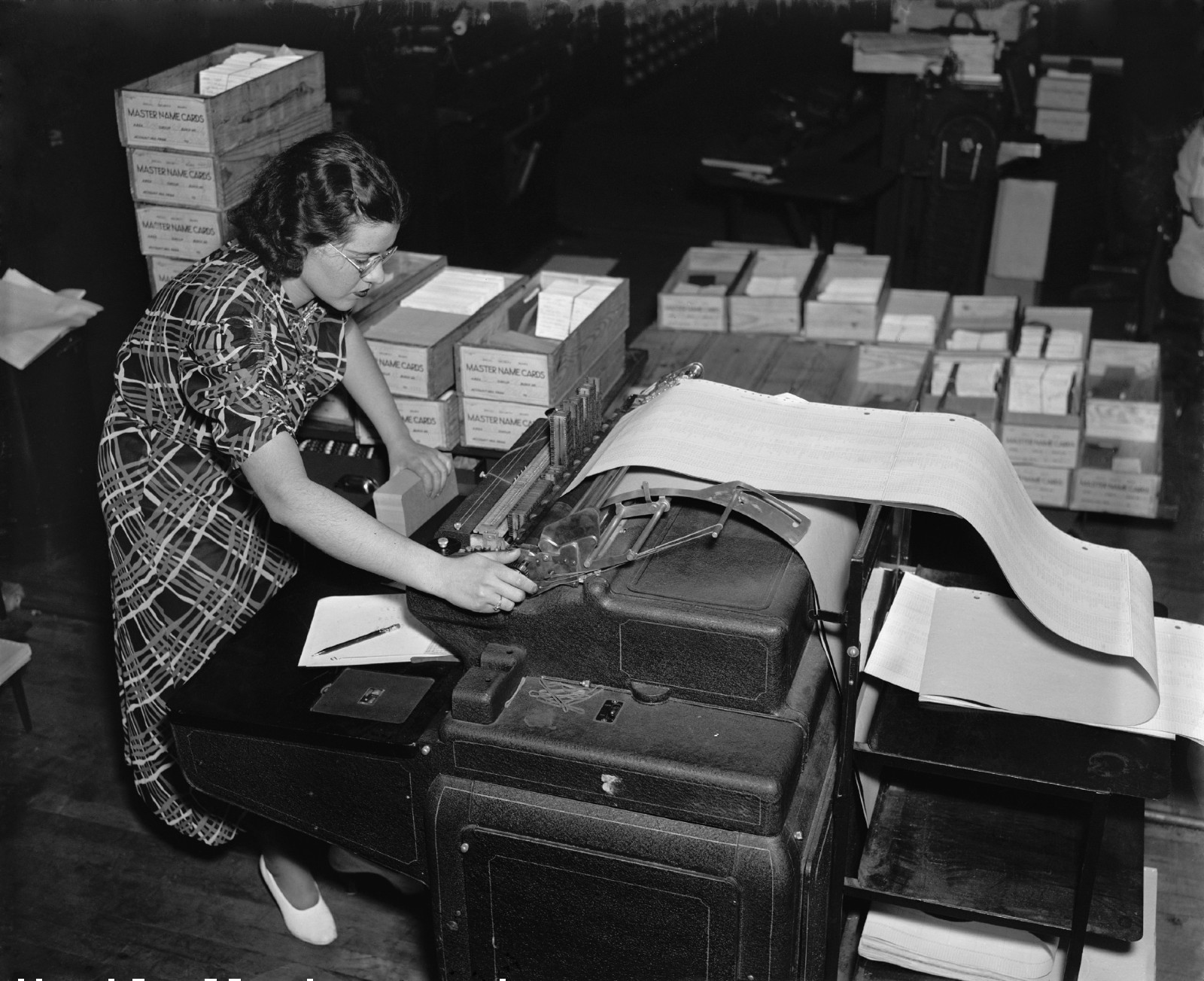Having fun? There’s gonna be a tax for that. Plus: Shippers get a break.

That tax on fun is back on the menu: Amendments to the tax code that would raise taxes on cinemas, nightclubs, theaters, and wedding venues are on the Finance Ministry’s to-do list in the coming period, Minister Mohamed Maait told the House Planning and Budgeting Committee on Sunday, Al Masry Al Youm reports. The amendments were less than popular with the business community when first proposed back in 2018.
Other bills on the House Budget committee’s agenda: Amendments to the Stamp Tax Act, as well as amendments to the Real Estate Tax Act, which could include exemptions for factories and businesses. Maait did not specify whether there are new changes in the works on the Stamp Tax Act after recent amendments that lower the tax on EGX transactions and the withholding tax on dividends were signed into law last year.
OTHER LEGISLATION NEWS-
The new Customs Act will no longer require shippers to submit waybills before leaving Egypt under new guidelines issued by the Customs Authority yesterday. Cargo ships, planes, and other vehicles will instead have the option of handing over the documentation 48 hours after leaving the country. The guidelines apply to vessels with or without cargo, and shippers who fail to submit waybills within the 48-hour period may be fined, El Shahat Ghatwary, who heads central administration at the Customs Authority, told Enterprise.
The guidelines will become part of the recently-ratified act and will be worked into the law’s executive regulations, which are currently under consultations with the shipping community, Ghatwary said. The changes were made after exporters, shipping agencies, and customs brokers all pushed back against various aspects of the law, leading to minor concessions from the Finance Ministry.
About the law: Ratified in October, the law aims to expedite clearance by introducing rules that simplify the passage of “transit goods” between ports in Egypt or to ports abroad and creating green channels for trusted companies, among other stipulations. It’s part of a larger drive to streamline customs procedures which also includes the soon-to-be launched National Single Window for Foreign Trade Facilitation (Nafeza) that creates pre-registration protocols at seaports.